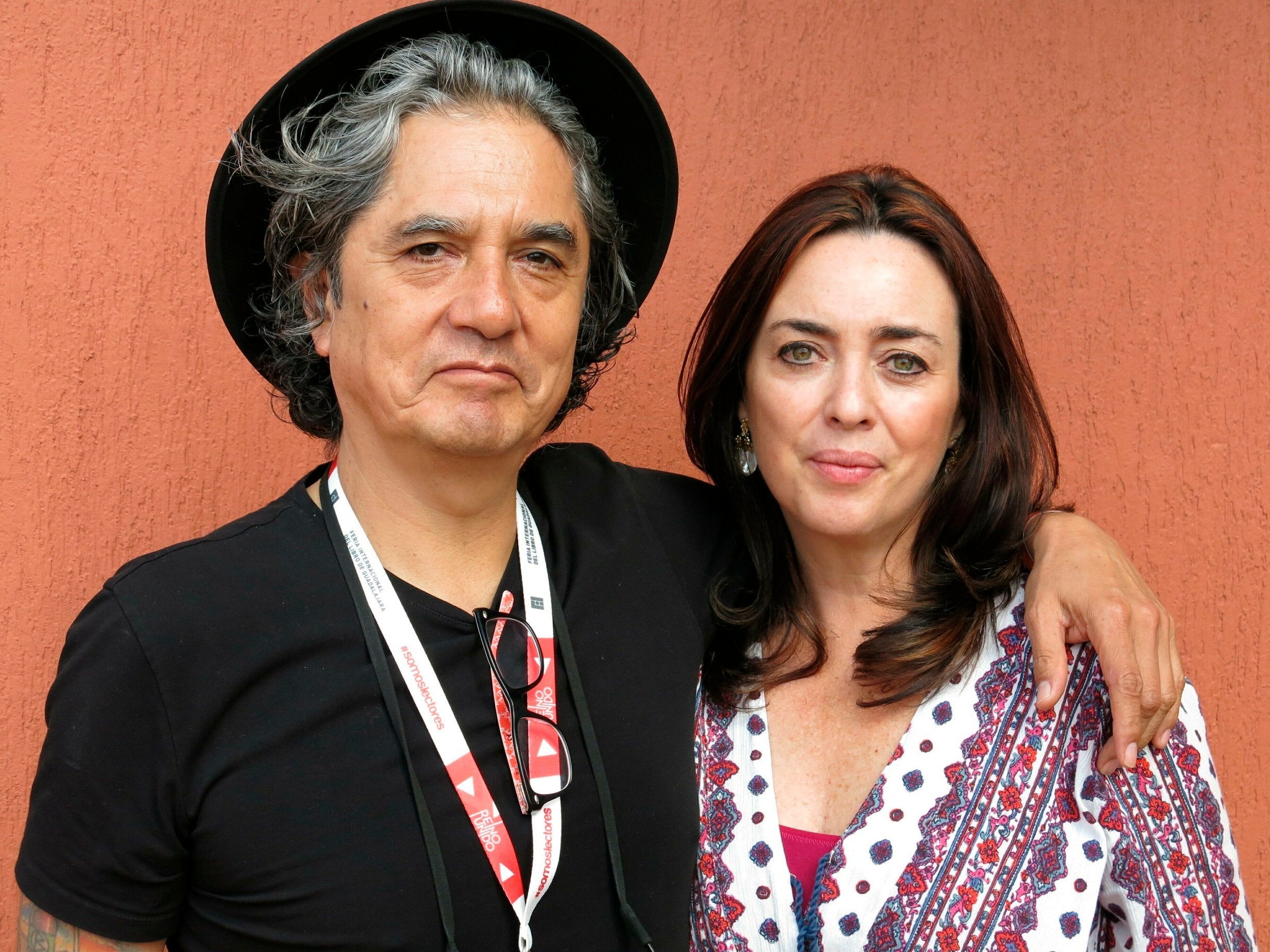Armando Vega Gil: Mexican rock star kills himself after being accused of child sex abuse
Musician’s death sparks debate about whether he should have tried to clear his name through justice system

Your support helps us to tell the story
From reproductive rights to climate change to Big Tech, The Independent is on the ground when the story is developing. Whether it's investigating the financials of Elon Musk's pro-Trump PAC or producing our latest documentary, 'The A Word', which shines a light on the American women fighting for reproductive rights, we know how important it is to parse out the facts from the messaging.
At such a critical moment in US history, we need reporters on the ground. Your donation allows us to keep sending journalists to speak to both sides of the story.
The Independent is trusted by Americans across the entire political spectrum. And unlike many other quality news outlets, we choose not to lock Americans out of our reporting and analysis with paywalls. We believe quality journalism should be available to everyone, paid for by those who can afford it.
Your support makes all the difference.A Mexican rock star killed himself after being accused of sexually abusing an underage girl.
Armando Vega Gil, 64, was found dead at his home in Mexico City on Monday after posting a public suicide note on Twitter.
In the letter, he said he had been falsely and anonymously accused of abusing and harassing a woman when she was 13 years old via the #MeTooMusicosMexicanos hashtag.
The founder and bassist of rock band Botellita de Jerez wrote: “I will say this categorically, this accusation is false.
“Let me make it clear that my death is not a confession of guilt, on the contrary it is a radical declaration of my innocence. I just want to clear the path my son will walk in the future.”
The band’s representative Paola Hernandez said she spoke with Mr Vega Gil at about 2am, some two hours before his death.
She said: “He was really sad and p****d off, he didn’t know how to clear his name.
“He said he wasn’t guilty...he was worried about how his son would take all this.”
Mr Vega Gil’s death sparked a debate on Mexican social media.
Some argued that if he was innocent he should have cleared his name in Mexico’s justice system, while others said the court of public opinion, especially online, had already found him guilty and permanently muddied his reputation.
The musician ended his letter saying: “Don’t blame anyone for my death, this suicide is a conscious, voluntary, free and personal decision. Hasta pronto.”
The Me Too movement has seen women take to social media to share their experiences of sexual assault and harassment.
The idea for the #MeToo hashtag started with singer and actress Alyssa Milano in October 2017 when she asked people who had experienced sexual violence to reply “me too” to her tweet so that the magnitude of the problem would become clear.
However the “me too” movement actually began back in 2006 with a Black activist in Harlem called Tarana Burke, who wanted to spread awareness and understanding about sexual assault in underprivileged communities of colour.
Join our commenting forum
Join thought-provoking conversations, follow other Independent readers and see their replies
Comments